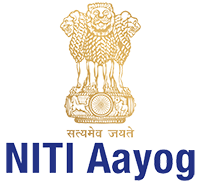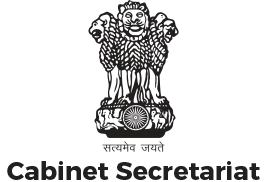
‘The Seventh Schedule Relook’ by ‘Dr. Bibek Debroy’ published in ‘The Indian Express’
Bibek Debroy writes: Without delegation of funds, functions and functionaries, local governments are unable to respond to pressure from citizens who demand greater efficiency in this matter.
The use of the expression “law and order” is very common and the terms “law” and “order” have been coupled for centuries. Everyone understands “law”. What is “order”? In whichever way the word is defined, typically as the opposite of disorder in society, “order” has a connotation of enforcement of the law. In other words, “order” requires the efficient functioning of the courts and police. Economists have a technical definition of “public good”. Ignoring that narrow and technical definition of public good, loosely, we understand “public good” as something that must be delivered by the government. It cannot, or should not, be delivered by the private sector. Notwithstanding the use of private security guards, most people will agree “law and order” is a public good. If not delivered efficiently by the government, in the real — or reel — world, the private sector may step in to fill the breach, with undesirable consequences. The expression “government” should not be used in the singular, since there are layers in our three-tiered structure of governance. Article 246 of the Constitution mentions three lists in the Seventh Schedule — union, state and concurrent lists.
Read the full article here: https://indianexpress.com/article/opinion/columns/seventh-schedule-constitution-public-goods-7720242/



